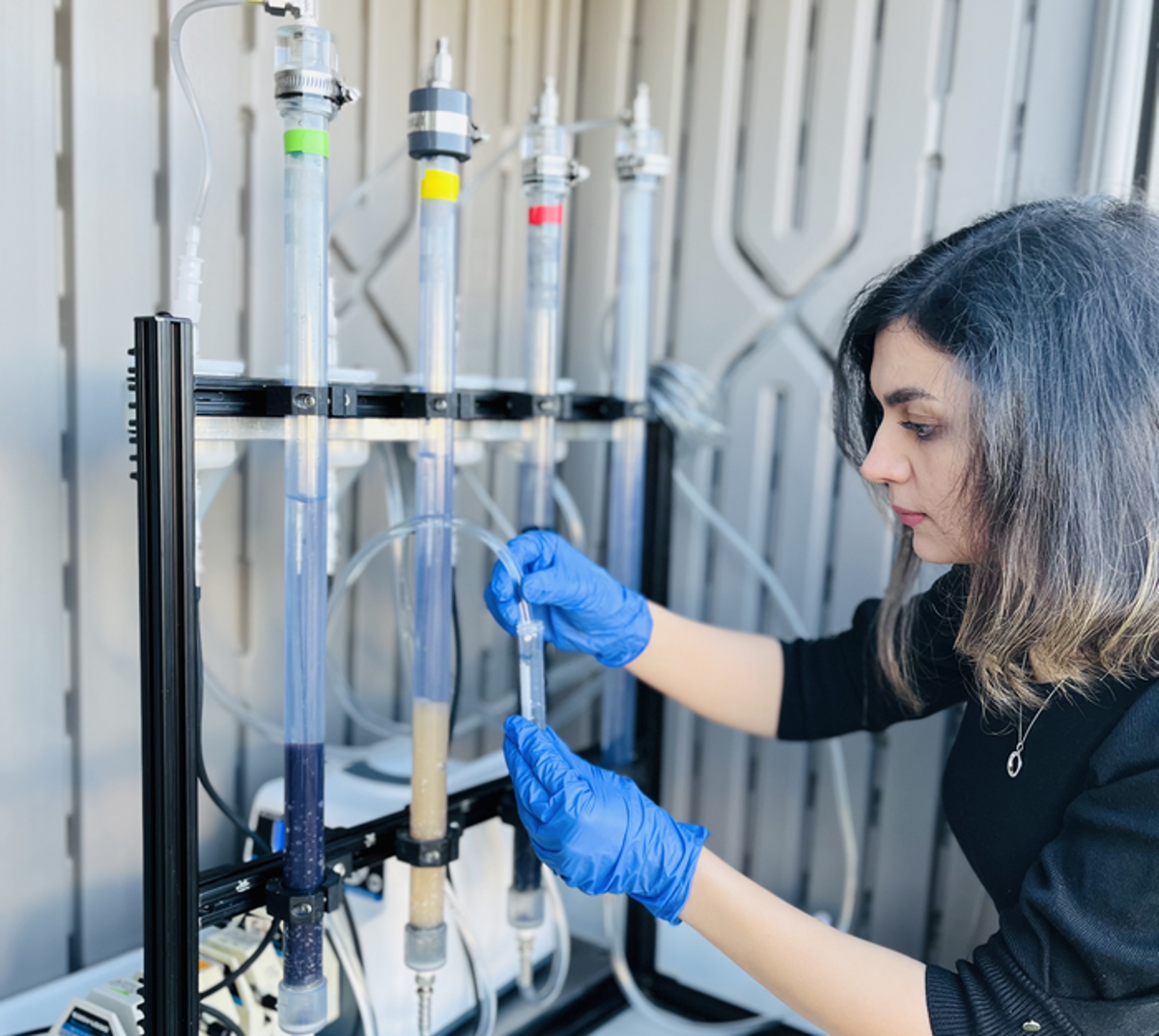New water treatment zaps forever chemicals ‘once and for all’

A new method for treating water that safely and efficiently eliminates forever chemicals “once and for all” has been developed, said scientists.
Forever chemicals are a group of substances formally known as PFAS, short for per- and polyfluoroalkyl substances, that are found commonly in products with non-stick and stain-resistant qualities, such as rain gear, non-stick cookware, stain repellents and firefighting foam.
Previous studies have extensively linked these chemicals to health issues like cancer, hormonal imbalance, heart disease and developmental issues.
The chemicals can leach into the environment and persist for long before they degrade, according to earlier research. These toxic compounds may find their way into the body when people use PFAS-containing cosmetics and sunscreens.
While consumer products expose some, people can also be left vulnerable to forever chemicals from drinking water.
Methods currently used to treat water in homes and industry, such as activated carbon and ion-exchange systems, do not effectively capture all the different PFAS, or they require longer treatment time.
In the latest study published recently in the journal Chemosphere, scientists from the University Of British Columbia in Canada developed an adsorbing material capable of trapping and holding all the PFAS present in the water supply.
The harmful chemicals are then destroyed using special electrochemical methods and techniques using light.
“Our adsorbing media captures up to 99 per cent of PFAS particles and can also be regenerated and potentially reused,” study co-author Madjid Mohseni said.
“This means that when we scrub off the PFAS from these materials, we do not end up with more highly toxic solid waste that will be another major environmental challenge,” Dr Mohseni said.
Scientists hope to further optimise the technology and have it ready for municipalities, industry and individuals.
“Our adsorbing media are particularly beneficial for people living in smaller communities who lack resources to implement the most advanced and expensive solutions that could capture PFAS,” Dr Mohseni said.
“These can also be used in the form of decentralised and in-home water treatments,” he said.

 Yahoo News
Yahoo News 
